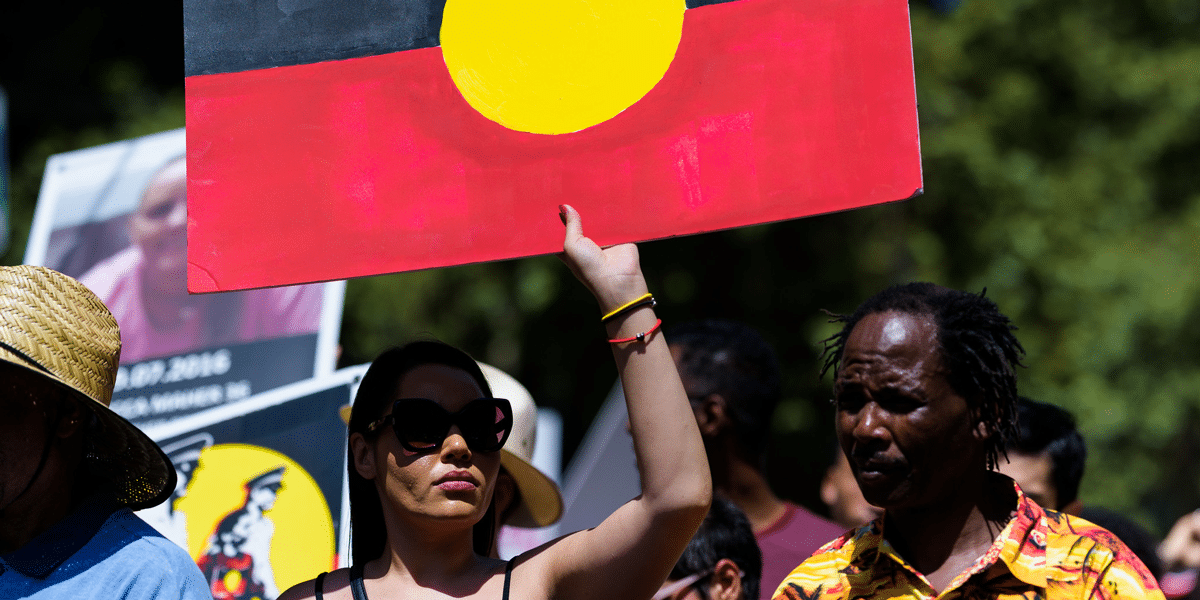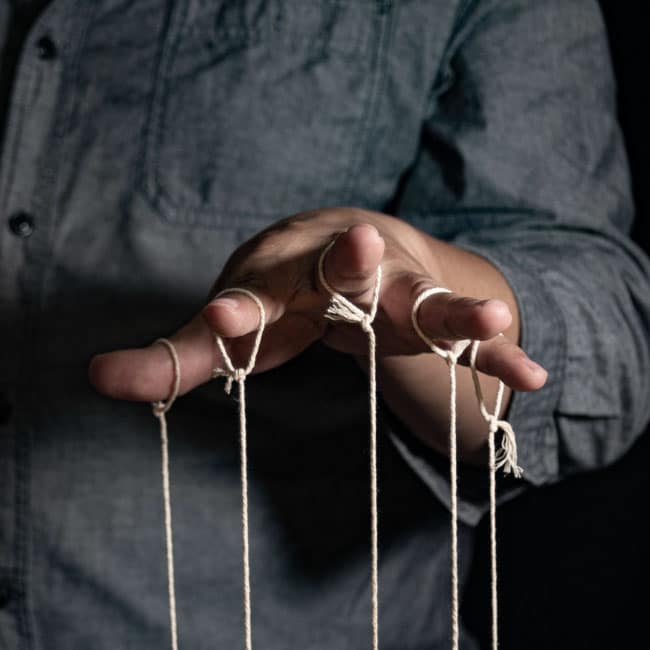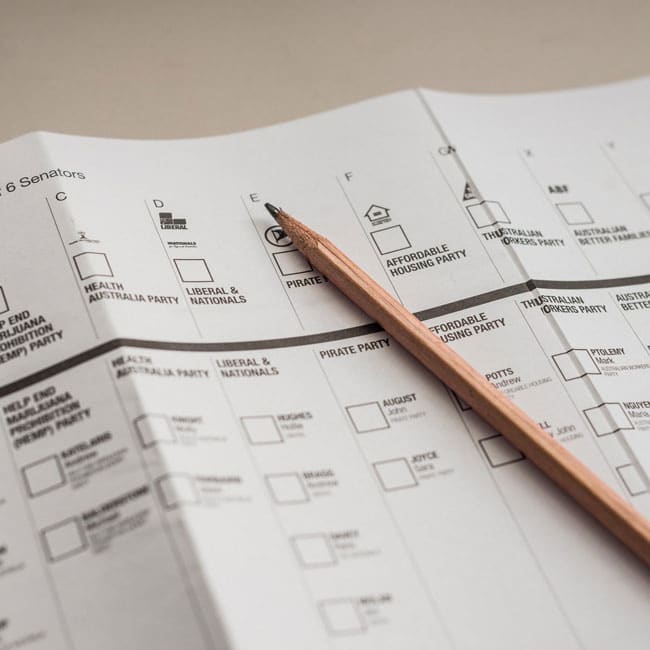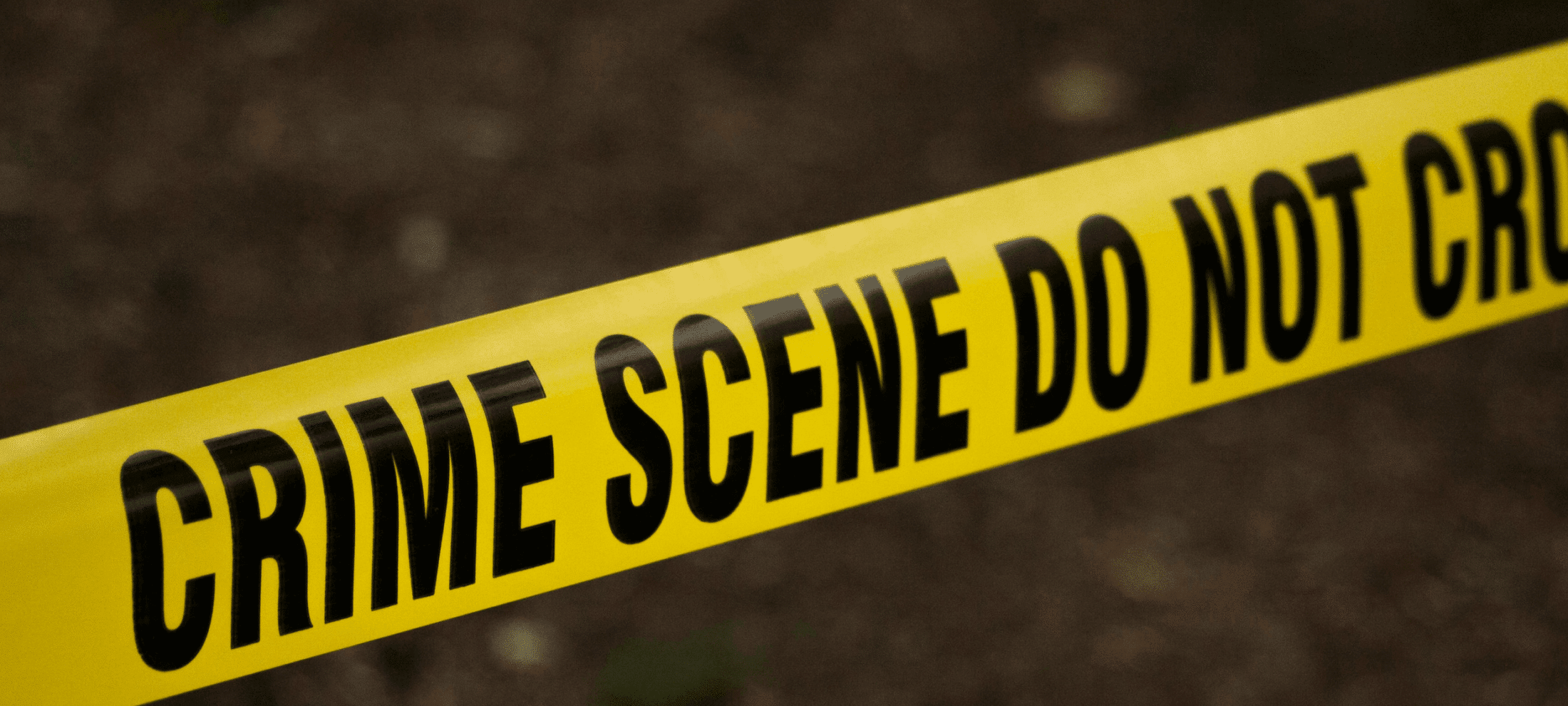
We are the voice! No monarch, no prime minister, no politician can decide how our democracy works. Only we, the people, voting as a whole, can resolve fundamental questions of how we will be governed – and by whom.
And so it has come to us to decide if and how to correct an historic injustice. First perpetrated by British colonists, through the doctrine of ‘terra nullius’ and then compounded by those who drafted the now repealed Section 127 of our nation’s most sacred political document, the Australian Constitution, our ‘original sin’ was to deny the prior existence of Indigenous peoples occupying, for millennia, the territories we now call Australia.
With mixed motivations – some virtuous and some vicious – the colonists sought to silence those whose lands they occupied. Guns, germs and steel – all did their work aided by policies of cultural suppression and assimilation. Yet, while sometimes just a whisper, at other times a mighty roar, the voices of our First Peoples have continued to echo across the lands and waters that make up our modern nation.
The descendants of our First Peoples have now asked us to repair the jagged rip in the fabric of our shared history. Their request is that this be done through the one means directly controlled by Australia’s citizens – an amendment to our Constitution. Their request is that this act of constitutional recognition be in the form of listening. They merely wish to be heard in relation to laws that directly affect their lives. That is all. No right of veto. No right to decide. Not even a right to determine how their voice is to be heard – for that is a matter reserved to Federal Parliament. Just a right to be recognised and heard as a distinct voice, amongst the many others, enshrined in our Constitution.
The debate about how to respond to this request has been intense – occasionally rancorous, confusing and ill-informed. So, here are some of the most important questions to have emerged during the course of debate:
Is the proposal to create the Voice racist?
No. The Voice is intended to recognise First Peoples based on their heritage not their race. As a whole, Aboriginal and Torres Strait Islanders carry within their veins the blood of many races. Some of the staunchest opponents of the voice acknowledge this as a personal truth. The proposed constitutional recognition does not privilege race, it merely recognises people based on their descent from those who held original sovereignty over the lands and waters that, collectively, make up Australia.
Is it not just as wrong to recognise descent as it is race?
Not necessarily so. The Act that establishes the Australian Constitution already applies this principle in Section 2 which reads:
The provisions of this Act referring to the Queen shall extend to Her Majesty’s heirs and successors in the sovereignty of the United Kingdom.
It is the principle of ‘descent’ that made the late Queen Elizabeth our monarch – as it makes Charles our King – as will it make his son and his son rule over us for as long as we remain a constitutional monarchy.
Aren’t Aboriginal and Torres Strait Islanders divided on this question?
Yes. Some, like critics, such as those amongst the Blak Sovereign movement, demand much more. Others fear that adding a new voice to our Constitution will perpetuate division between the descendants of the First Peoples and those without those ancestral connections. Even so, it is estimated that around 80% of First Nations people support the proposal to recognise them in the Constitution through the establishment of an enshrined Voice to parliament and Government.
However, we should no more expect unanimity amongst our First Peoples than we do amongst any other group. Indigenous people are as divergent in their political opinions as is any other group of Australians.
Besides, if you read the minutes of the earliest constitutional conventions it soon becomes evident that virtually every clause in the current Constitution has been the subject of fierce debate and heated controversies. So, disagreement about potential clauses in our Constitution is nothing new. It is the ‘bread and butter’ of constitutional development and reform.
Is there any guarantee that a Voice will rapidly improve the lives of First Nations people?
A ‘yes’ vote will not immediately solve the problems of post-colonial poverty and disadvantage that blights the lives of so many descendants of our First Peoples. Nor will every grievance be reconciled. But things will be better than before. There will be reasons to hope that progress is possible. Also, it’s pretty clear that what we have been trying up until now has not been working.
What if we change our mind about the need for a Voice?
If at some time in the future the job of listening is done and reconciliation is practically complete, then we can always undo what I hope we will do, together, on October 14th. That’s the most important fact about our Constitution. Nothing is set in stone. Everything can be remade in whatever form the citizens of Australia prefer, from time to time. If something does not work, we can just change it.
Isn’t it undemocratic to confer rights on some citizens that are not enjoyed by others?
Yes, but that is already how our Constitution operates. Australian citizens living in the NT and ACT only have four Senators representing their interests (2 each). Tasmanians have 12 Senators – despite having a population smaller than that of the combined territories. We do not hear too many protests about the ‘undemocratic’ nature of this arrangement.
However, what exactly is the ‘right’ being accorded to First Peoples? And is it a right denied to any others citizen? In fact, the proposed amendment merely confers a right to make representations – and nothing more – which is the same right enjoyed by any Australian citizen whether making representations as an individual, as a member of community defined by ethnicity, faith, location, etc.
How can we vote on constitutional change without first having all of the details about how it will work?
The Australian Constitution contains little detail about how the powers of the Australian Parliament and Government are to be exercised. The Constitution merely lists, in general terms, the various ‘heads of power’ (e.g. see Section 52) – and then leave the rest to parliament and the government to decide the detail. Exactly the same approach is being taken with the proposed Voice. If ‘certainty’ was a precondition for voting in favour of the Constitution, as originally drafted and proposed, then it would never have been passed. Why do we require certainty in this matter alone?
I will be voting ‘yes’ in the referendum. I will do so because I want us to fill a gaping hole in our Constitution. Those who drafted the original document it did a pretty good job. But they left out a crucial ingredient – and we are all poorer for that mistake. The Australian Constitution brought into existence a new nation by preserving the Colonial States in a federation. Even New Zealand was included! But they left out the oldest parts of our nation – the multiple sovereign Indigenous states that existed prior to colonisation. No smaller than places like Monaco, Lichtenstein and San Moreno, our pre-colonial states had well-defined borders, enforceable laws, governance structures and so on.
Like a car without a boot or, a birthday cake without candles or, a paragraph without punctuation, our Constitution works well enough. But it is not complete. It is time that this error was corrected by according our First Peoples a modest but honoured place in our Constitution.
I sincerely believe that the creation of the Voice will benefit the whole nation – not just its First Peoples. It will be a bridge that connects the ancient voice of our country with the modern. It will enable crossings in both directions; making us, as a people, both distinctive and whole.
We are the voice. We need utter just one word to create a new reality… ‘yes’.
For everything you need to know about the Voice to Parliament visit here.
Ethics in your inbox.
Get the latest inspiration, intelligence, events & more.
By signing up you agree to our privacy policy
You might be interested in…
Opinion + Analysis
Politics + Human Rights
Is every billionaire a policy failure?
Opinion + Analysis
Politics + Human Rights
If you don’t like politicians appealing to voters’ more base emotions, there is something you can do about it
Opinion + Analysis
Politics + Human Rights
Ask an ethicist: Why should I vote when everyone sucks?
Opinion + Analysis
Politics + Human Rights




